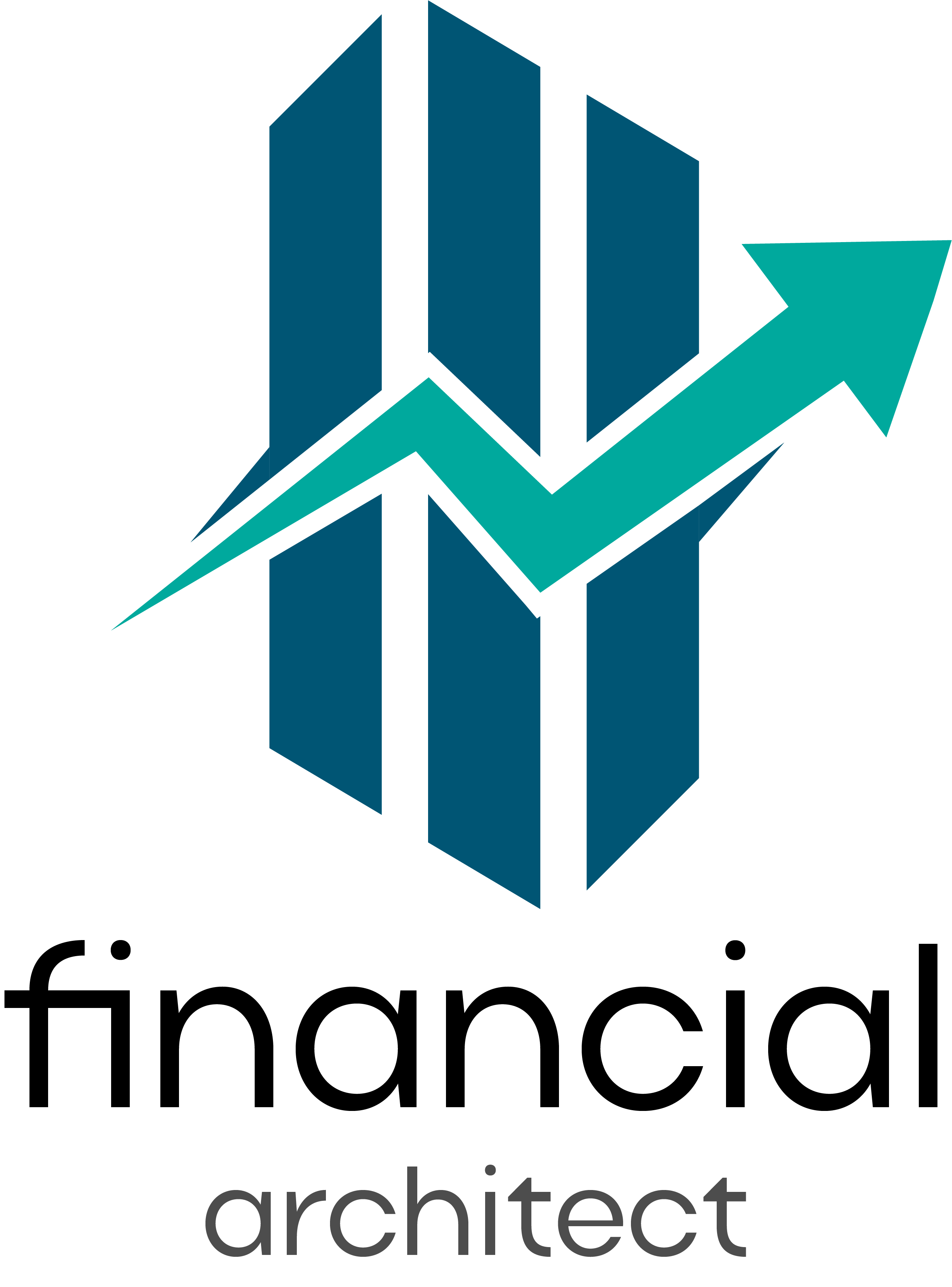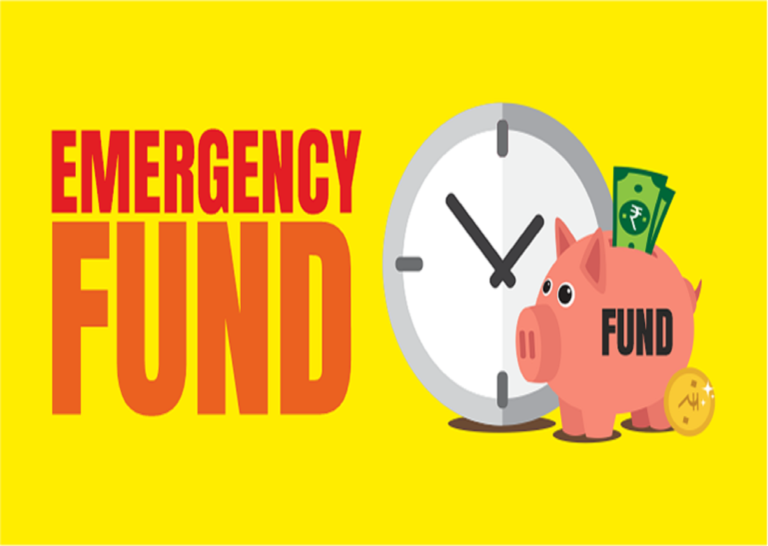The Key to Financial Freedom
Financial Freedom can be defined as a state of being wherein a person is able to fully meet current and ongoing financial obligations. Feel secure in their financial future, and make choices that allow enjoyment of life.
Financial freedom is available to those who learn about it and work for it.
– Robert Kiyosaki
Financial Freedom can be achieved by following pointers elaborated as below:
Park aside an emergency fund
An emergency fund is simply money you’ve set aside for life’s unexpected events, like job loss, urgent medical, etc. You should keep at least 3-6 months of expense like an emergency fund. To easily access the fund you should keep an emergency fund in a liquid fund or in Savings Account. It is the most important that you should keep in mind when you are choosing where to park your emergency fund. You should be able to withdraw the money when you need it and with no delay.
Buy a Term Insurance Policy
Term insurance is a life insurance policy that provides cover against the risk to the insured’s life for a fixed period of time or “term” of years. It pays a death benefit to the nominee chosen by the insured in case of the death of the insured during the term of the policy.
Buy a Health Insurance Policy
Health insurance is a type of insurance coverage that covers the cost of an insured individual’s medical and surgical expenses. A contract that requires a health insurer to pay some or all of your healthcare costs in exchange for a premium. A health insurance policy serves as a financial cover for unforeseen medical expenses. As health insurance is an investment made over time with the goal of continuing your coverage. It protects your hard-earned savings from being expended on medicines, ambulance rides, hospitalization, doctor consultations, and more.
Invest before you spend
You save before you spend, especially if you put aside a set amount from your Salary or Income each month. You will reach your financial goals faster. You’ll be happier, healthier, and sleep more easily at night, knowing that you have greater financial stability
Diversify your assets classes
There are different asset classes like Equity, Equity Mutual Funds, Debt Funds, Fixed Deposit, Gold, Real Estate, etc. You can invest your money according to your financial goals.
Start Investing for Retirement
You should start investing for your retirement. You should start allocating the fund as per your requirement of Money. So, setting aside money today to see that you have enough for the years down the road by starting a retirement fund is not an option—it’s mandatory.
Do SIPs in MFs for Future Goals
We all have dreams and desires, but most of us do not plan our investments. Also consider inflation, while computing the future value of your goals. There are different goals such as Child Education, Child Marriage Planning, House Purchase, Car Purchase, Foreign Holiday, Charity, etc
Do Tax Savings / Planning in April
Making last-minute tax-saving investments is not the right thing to do. So it is recommended that you do your tax planning right at the beginning of the financial year. This will help you avoid the strain on your finances during the last few months of the financial year. And help you spread the investments.
Make Sense of existing investments
Before you make any investing decision, sit down and take an honest look at your entire financial situation, your old investments & their performance, you should take help from your Financial Planner for reviewing your portfolio.
Be serious now, as day by day your age is increasing, and if you had not yet planned then take charge of your life and start the journey for Financial Freedom.






